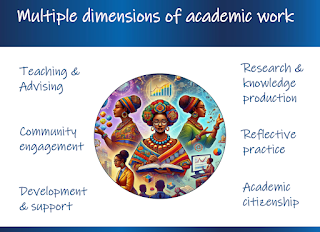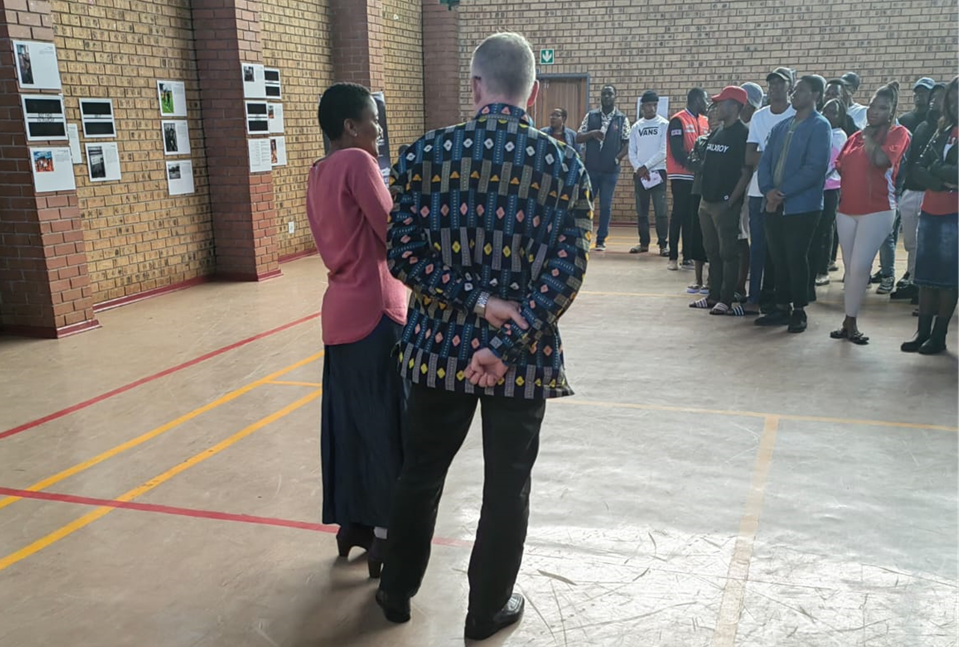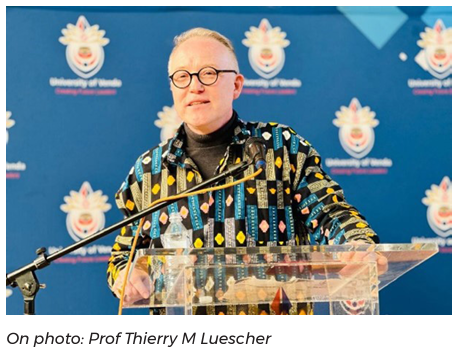For the question, how to start, operate, and sustain a high-quality diamond open access journal in Africa, the Journal of Student Affaires in Africa (JSAA) can offer some humble lessons. For the JSAA Executive, Editorial Board, reviewers and supporters, JSAA has put together a "Operational Manual" that includes a broad range of lessons including a financial plan.
Why we need Diamond Open Access (DOA) in Africa
JSAA was founded with the mission to professionalise and support student affairs across African higher-education institutions, to give voice to research on the student experience, the theory and practice of student affairs, and topical matters like student development support, student advising, leadership development, student politics and institutional governance, residence life, diversity, equity and inclusivity programmes, and support for universal access, among other things; these are areas rarely prioritized in mainstream journals. As such, its founding purpose was rooted in social relevance and academic justice.
Launch with Purpose, Collaboration and Institutional Anchoring
A DOA journal must begin with clarity of mission and purpose. JSAA was anchored within supportive academic institutions, which provided legitimacy, infrastructural support, and institutional buy-in. Equally important was the forging of partnerships beyond a single institution — reaching into other universities across Africa, and drawing on a network of scholars, practitioners, and funders. This collaborative foundation helps diversify authorship, editorial oversight, and readership, and guards against dominance by a narrow group of institutions or scholars.
For a new journal: start small but ambitiously. Define a mission that reflects real needs in African higher education (e.g. student affairs, language policy, access, equity). Seek institutional hosts willing to commit minimal resources (web hosting, institutional support, endorsement), and begin building a network of interested scholars, reviewers, and potential funders.
Operate with Rigour, Transparency, and Inclusion
Sustainability of scholarly quality depends on robust editorial governance. JSAA’s editorial and operational guidelines — including transparent peer review mechanisms, ethical standards, conflict-of-interest policies — ensure integrity and credibility. Double-blind peer review and the inclusion of diverse reviewers from across Africa (and beyond) uphold scholarly standards while preventing regional or institutional bias.
In addition, JSAA embodies an inclusive and decolonial ethos: promoting multilingualism (e.g. abstracts in English + African languages where possible), encouraging authorship from underrepresented regions and groups, and ensuring that institutional affiliation (of editors, reviewers and authors) does not skew representation. Such practices help democratize knowledge in African higher education.
For a new journal, it is critical to draft a launch plan, a business plan and operational manual from the onset: define roles (editorial board, reviewers, copy-editing, production), peer-review policy, ethical guidelines, a financial sustainability plan and commitment to open access without charges to authors or readers.
Sustain the Diamond Model: Mixed Funding, Institutional Support, and Community Orientation
One of the biggest challenges for DOA journals is sustainability. Charging author fees (APCs) or reader fees undermines the “diamond” commitment; but how then to cover costs — hosting, production, editorial time? JSAA overcomes this through mixed funding strategies: institutional support, small grants, sponsorships of themed issues, and voluntary/pro bono editorial contribution.
Importantly, the journal treats its editorial and review community as a Community of Practice — not just anonymous gate-keepers, but active, recognized contributors to student-affairs scholarship. Regular communication, recognition (e.g. editorial board roles, certificates, acknowledgments), and a shared sense of mission help build loyalty and long-term commitment.
For any aspiring DOA journal: develop a sustainability plan that draws on multiple, modest income streams rather than relying on a single source. Build a community ethos: treat contributors as collaborators, not as unpaid labour.
Extend Impact: From Journal to Ecosystem
JSAA does not stop at publishing articles. Over time, it has grown into a broader intellectual and professional network — a space for scholars, practitioners, and policymakers in student affairs to collaborate, exchange ideas, and influence institutional and national policy. This bridging between research, practice, and policy magnifies impact.
A journal that remains narrowly academic risks marginalization. But one that nurtures a living network, translates research into practice — through workshops, community-of-practice events, training modules — becomes a catalyst for change.
Conclusion: What it Takes — and What Is Possible
Starting a high-quality, diamond open access journal in Africa is not easy. It requires courage, vision, disciplined governance, collaborative networks, modest but steady resources, and a deep commitment to scholarly quality, academic equity and academic and societal relevance.
But as JSAA’s experience shows, it is possible, even sustainable — and deeply impactful. By anchoring a journal in purpose, dedicating resources to rigorous but fair editorial processes, and building community rather than profit, we can create spaces where African knowledge circulates freely — enriching our universities, informing policy, and building capacity across the continent.
If you are thinking of starting such a journal — do it! With commitment, solidarity, and careful planning, you could help shape the future of African scholarly publishing — one open access article at a time.





















